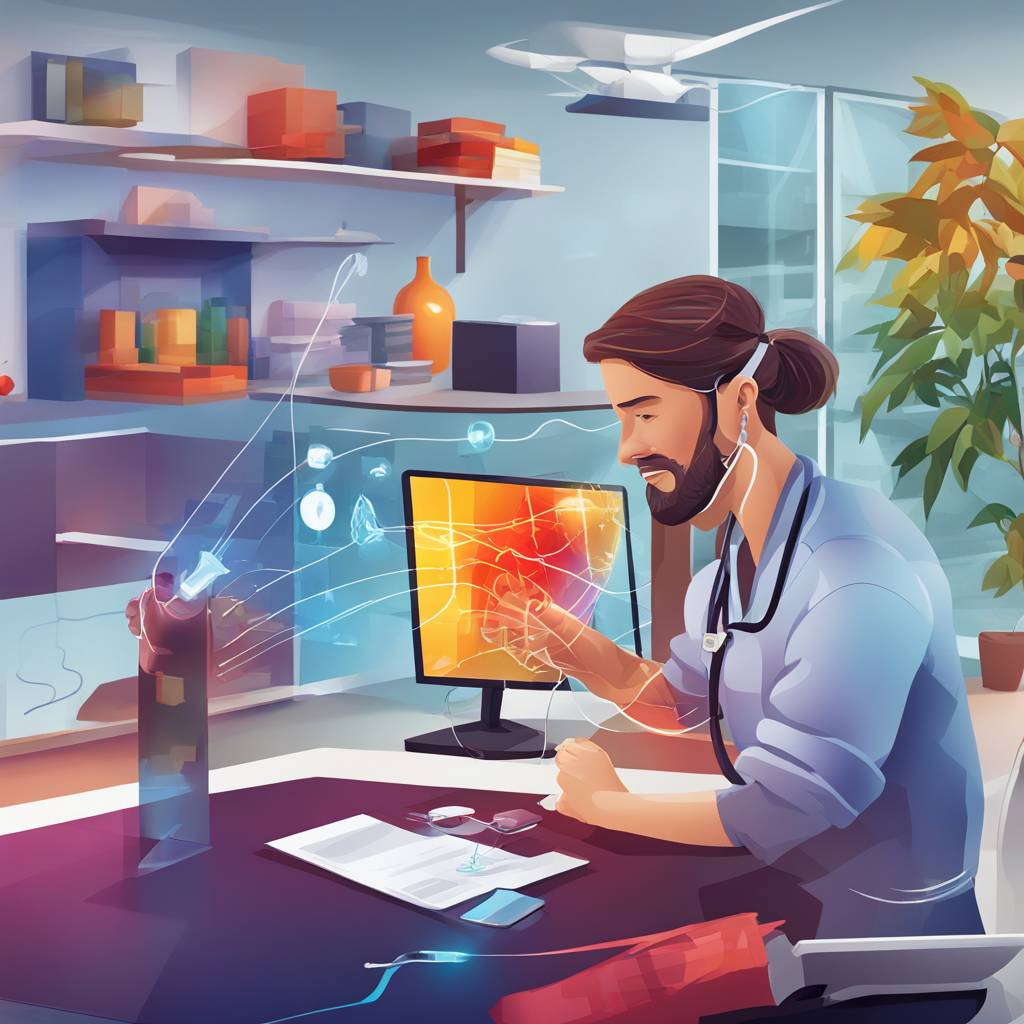A stroke can significantly impact a person’s ability to move their lower body, from the hips down to the feet, leading to a decrease in quality of life and mental health, as well as an increased risk of falls. Researchers at UBC Okanagan are working on new treatment methods to help address these challenges and improve recovery outcomes for patients after a stroke. Sarah Park, a master’s student at the Centre for Chronic Disease Prevention and Management (CCDPM), notes that there are significant unmet recovery needs for individuals struggling with lower extremity recovery poststroke, such as regaining balance, stability, and gait coordination for daily activities.
Dr. Brodie Sakakibara, an investigator at CCDPM, recently led a national team of researchers, clinicians, and individuals with lived experiences to evaluate the feasibility of a telerehabilitation program aimed at improving lower extremity recovery poststroke. This program, which utilizes technology and the expertise of clinical therapists, allows individuals to access rehabilitation services regardless of their geographic location. The study involved over 32 participants who received eight telerehabilitation sessions via videoconference with a trained physical therapist, focusing on improving lower body mobility through exercises and self-management supports.
Dr. Ada Tang, an Associate Professor at McMaster University, explained that participants in the telerehabilitation program saw improvements in mobility and strength, as well as progress towards their rehabilitation goals. They also gained self-management skills to empower themselves and maintain their achievements post-program. While many virtual rehabilitation programs emerged during the COVID-19 pandemic, programs like this have shown feasibility and increased accessibility for patients, especially those in rural areas. However, therapeutic benefits may not be sustained without continued therapy after the program ends, highlighting the importance of incorporating self-management skills in post-stroke rehabilitation interventions.
Park, the lead author of the study, emphasizes the importance of self-management programs in improving health outcomes for individuals post-stroke. By helping individuals adapt to their circumstances and maintain newfound skills, self-management programs can prevent or offset some of the difficulties individuals face after being discharged from care. Virtual rehabilitation programs, combined with self-management skills, can enhance the continuum of care for patients transitioning back into the community and improve their overall quality of life. By incorporating self-management into post-stroke rehabilitation interventions, participants are empowered to continue exercising and maintain the benefits gained from therapy, ultimately leading to improved outcomes and quality of life.






